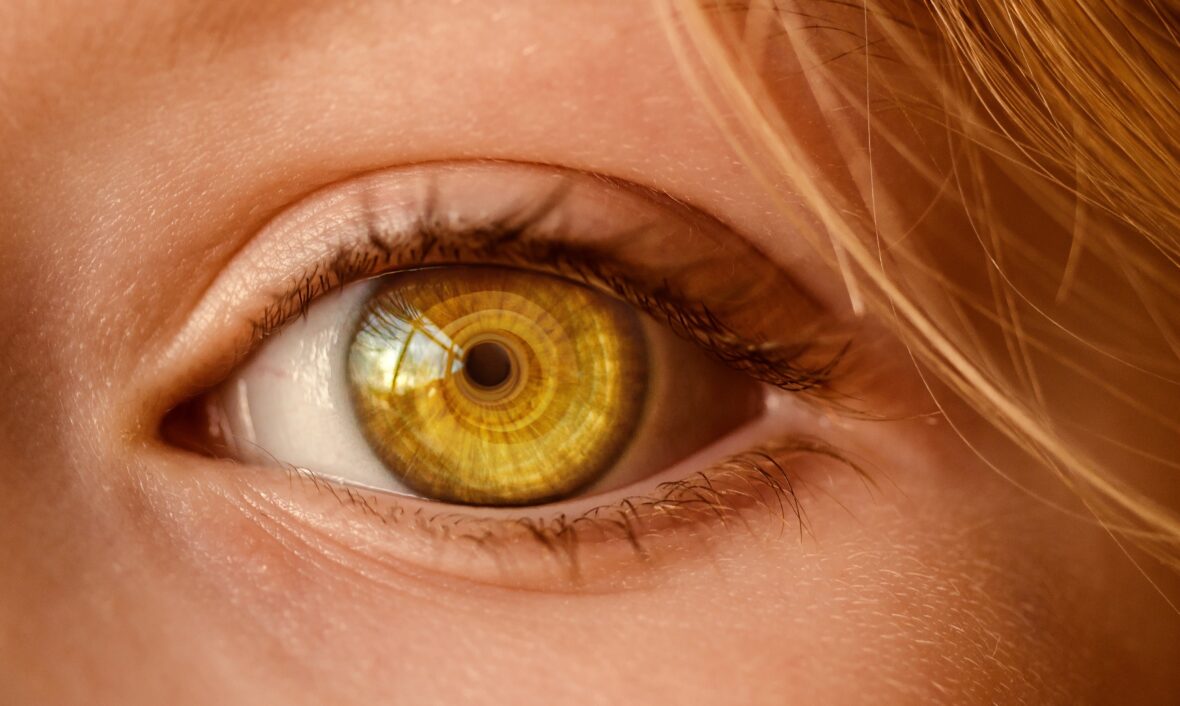Psychologists from the University of Toronto have created an AI that can essentially read your mind with astonishing accuracy. The algorithm is able to recreate images seen by humans based on their brain activity, as collected using electroencephalogram (EEG) sensors.
First the team fed a neural network huge numbers of pictures of faces, which taught it to spot characteristics and patterns in the photos. After it had learned to distinguish these characteristics it was then taught to match these characteristics with patterns of brain activity recorded in EEG scans, whilst observing the same faces.
“When we see something, our brain creates a mental percept, which is essentially a mental impression of that thing,” Dan Nemrodov, who works at the lab explained in a statement.
„We were able to capture this percept using EEG to get a direct illustration of what’s happening in the brain during this process.”
Volunteers in the experiment had EEG sensors attached to them before they were shown images of faces. The AI was then able to reconstruct faces using information read from these EEG scans with astonishing and slightly creepy accuracy.
The images produced by the AI were incredibly detailed and surprisingly accurate.
„Not only could it produce a neural-based reconstruction of what a person is perceiving, but also of what they remember and imagine, of what they want to express,” Adrian Nestor, who co-authored the study said.
„It unveils the subjective content of our mind and it provides a way to access, explore and share the content of our perception, memory, and imagination.”
The team is hopeful that because of this it could have practical applications in the near future, such as for people who are unable to communicate verbally.
So far, so cool. Well, here’s where it gets a bit Black Mirror-esque. The team say that in the future the tech could be used as a way to fight crime.
“It could also have forensic uses for law enforcement in gathering eyewitness information on potential suspects rather than relying on verbal descriptions provided to a sketch artist.”
Rather than describe a crime you witnessed, you could have your brain scanned as you remember the events. The crime, and the criminal’s face, could then be reconstructed from your brainwaves. Just like in a particularly grim episode of this season’s Black Mirror.
Sursa: iflscience.com

